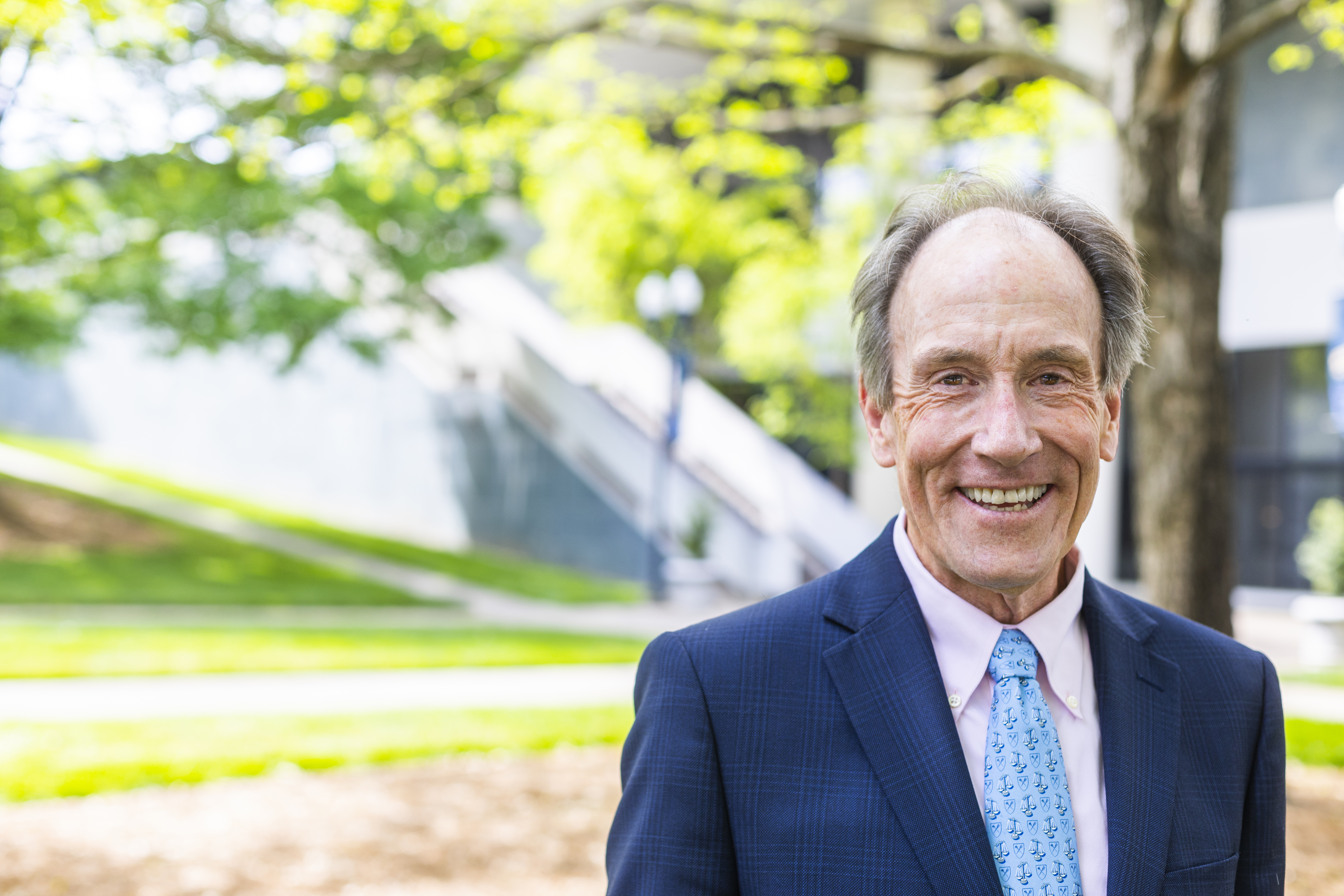
Alumni establish Freer endowed scholarship to support student flourishing
Class of '86 alumni establish The Richard Freer Endowed Scholarship to honor Dean Richard D. Freer’s enduring commitment to student flourishing.

Class of '86 alumni establish The Richard Freer Endowed Scholarship to honor Dean Richard D. Freer’s enduring commitment to student flourishing.
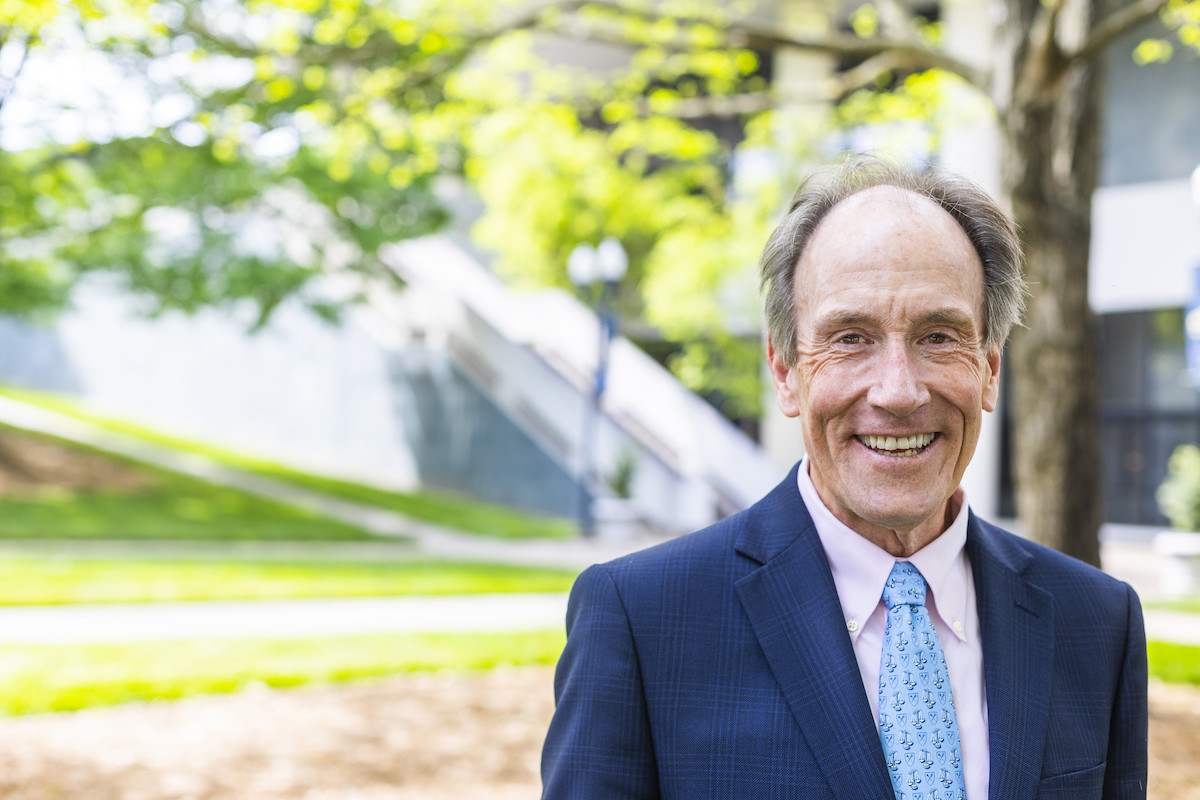
I am honored to start my service as Dean of Emory Law today.
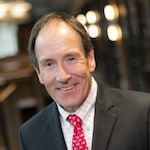
Succeeding Dean Mary Anne Bobinski in summer 2024, Freer will bring deep experience as a university and school administrator, expert scholarship and dedication to legal education—as well as an impressive 40-year tenure as a member of the Emory community.
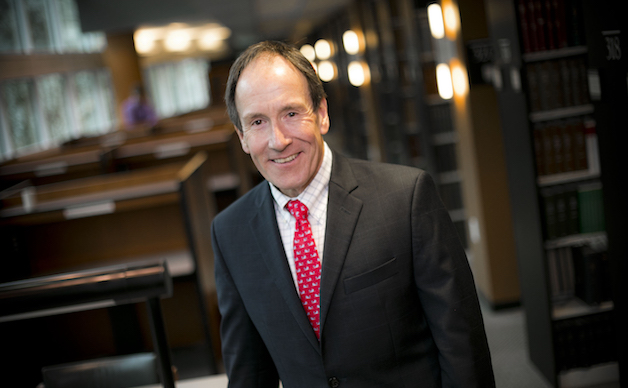
The class action is a procedural device that allows many claimants to aggregate their claims in a single case. It is an important tool for private enforcement of the law, particularly in cases involving “negative value” claims: claims so small that no one would assert them individually. Many consumer claims fall into this category. As Judge Posner famously said, “only a lunatic or a fanatic sues for $30.” Without the class action, such claims would not be asserted, which would thwart both the compensatory and deterrent goals of consumer protection laws.

The ultimate impact of Ford, then, is unclear. Despite unanimity on the result, the Court did not speak with one voice.
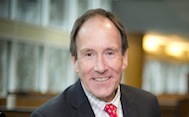
Professor Richard Freer discusses his career and passion for helping students reach their potential.

It is becoming a tradition: each year, we seem to get another 5-4 Supreme Court decision enforcing arbitration that requires individual, and forbids aggregate, resolution of claims. This year's case is Lamps Plus, Inc. v. Varela, 139 S. Ct. 1407 (April 24, 2019). Neither the result nor the 5-4 split surprised anyone.

Not all Supreme Court arbitration decisions feature strident 5-4 splits of opinion. Such contentious cases, like Lamps Plus this year (see separate analysis), deal with requirements that claimants pursue their claims alone, rather than en masse. When it comes to arbitration procedure, however, the court generated unanimous opinions in New Prime Inc. v. Oliveira, 139 S. Ct. 532 (2019) and Henry Schein, Inc. v. Archer & White Sales, 139 S. Ct. 524 (2019).

In Epic Systems Corp. v. Lewis, decided on May 21, the Supreme Court continued its steady march of enforcing adhesion clauses that require individual (and forbid aggregate) arbitration. Again, the court split 5-to-4, and there is a vigorous dissent. The majority aptly refers to the "mountain of precedent" under the Federal Arbitration Act (FAA) that thwarts the dissent. Epic Systems must be seen in the context of that "mountain."

In its most recent term, the Supreme Court gave uncommon attention to general personal jurisdiction. In two decisions, the court doubled down on a restrictive conception of that doctrine.
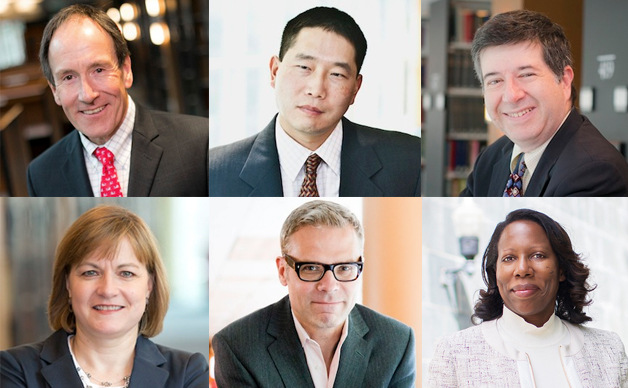
Richard Freer has been named Charles Howard Candler Professor. Michael Kang has been named Thomas Simmons Professor. Jonathan Nash has been named Robert Howell Hall Professor. Polly Price has been named Asa Griggs Candler Professor. Teemu Ruskola has been named Jonas Robitscher Professor.

The father of a 6-year-old whose skull was shattered by a foul ball at Turner Field in 2010 has amended his lawsuit to include Major League Baseball as a defendant. The suit originally claimed the Atlanta Braves were at fault for not extending netting farther into foul-ball territory. Now, the father says MLB should turn over results from its investigations of players for performance-enhancing drugs, that allow players to hit harder, faster balls. Professor Richard Freer commented on the case.
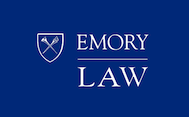
Speakers at a symposium targeted tort reform and contracts requiring arbitration as evidence that "war" was being waged against the United States civil justice system. The panelists at the Pound Symposium, held Oct. 15 at Emory Law, did debate whether the word "war" was appropriate, according to a Daily Report story.

Plaintiffs suing General Motors claiming the carmaker covered up evidence of a faulty ignition switch they blame for their daughter's death want GM's lawyers at King & Spalding to hand over confidential internal notes and memos about the case. King & Spalding will fight back, says Emory Law professor Richard Freer. "The attorney-client privilege is sacrosanct," he said. If a judge--as a representative of the government--were to grant the motion to compel King & Spalding to produce its communication with its client or among its lawyers, the action could have far-reaching effects not only on the legal world but on privacy in general, Freer said.

"For generations, based upon International Shoe (1945), no one doubted that general jurisdiction is appropriate when a corporation engages in 'continuous and systematic' activities in a given state," Richard Howell Hall Professor of Law Richard D. Freer writes in a Sept. 15 op-ed article for the San Francisco Daily Journal. "Things are different now. In Goodyear Dunlop Tires Operations, S.A. v. Brown (2011) and Daimler AG v. Bauman (2014), the U.S. Supreme Court recast general jurisdiction. Now general jurisdiction is proper only where the defendant is 'at home.'" (Subscription required)

Dozens have sued the New England Compounding Center linked to the deadly fungal meningitis outbreak. Meningitis victims consider suing pharmacy over tainted shots. Professor Richard Freer says the compounder may not have many assets, so patients may consider other defendants.

Emory Law Professor Richard Freer addressed the judges of the United States district court and court of appeals for the Eleventh Circuit last week, in a workshop sponsored by the Federal Judicial Center.